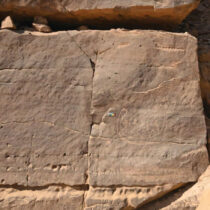A museum in the Netherlands has announced that colonial artefacts in its possession looted from their countries of origin should be repatriated. The return of other artefacts, though legally obtained but of great cultural or social value should also be considered.
The Dutch National Museum of World Cultures, which made the announcement is a collective of museums: the Tropenmuseum in Amsterdam, the Leids Museum Volkenkunde and the Afrika museum in Berg en Dal. The museums will examine their collections for items that could be returned but cannot say yet how many will be included in the list or which countries will receive the artefacts. The Museum has published the principles and guidelines for the policies to be designed by state authorities –the Return of Cultural Objects: Principles and Process, which aims to provide advice to the Minister of Culture who retains the final authority to grant the request for return and to develop a national policy in the Netherlands regarding claims of colonial heritage.
The rationale behind this decision is that since all institutions have agreed that no items looted from Syria will be included in their collections this should also apply to items obtained in the same way, even though that was a long time ago, perhaps a century. In the same line of thought, a national policy regarding many art items stolen from Jewish collectors during WWII should also apply for colonial artefacts illegally obtained from other countries. However, it is the state that will have to take the final decision on the matter.
Determining which artefacts were obtained illegally is a difficult task, as many of them were obtained from former Dutch colonies but it is not clear how.
One of the first countries to claim objects might be Nigeria, as it has been asking for thousands of bronze and brass sculptures stolen by the English in 1897 to be returned and 139 of them are in the Netherlands.






